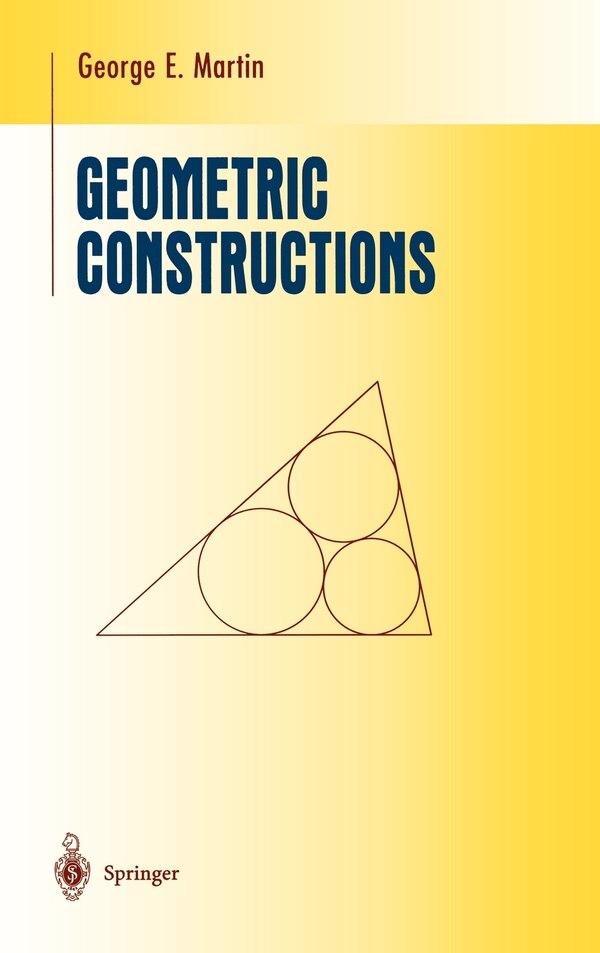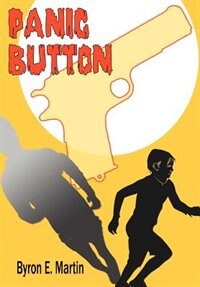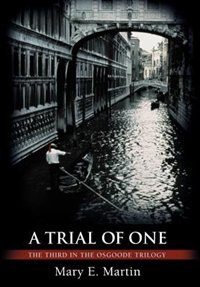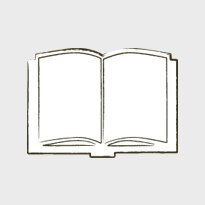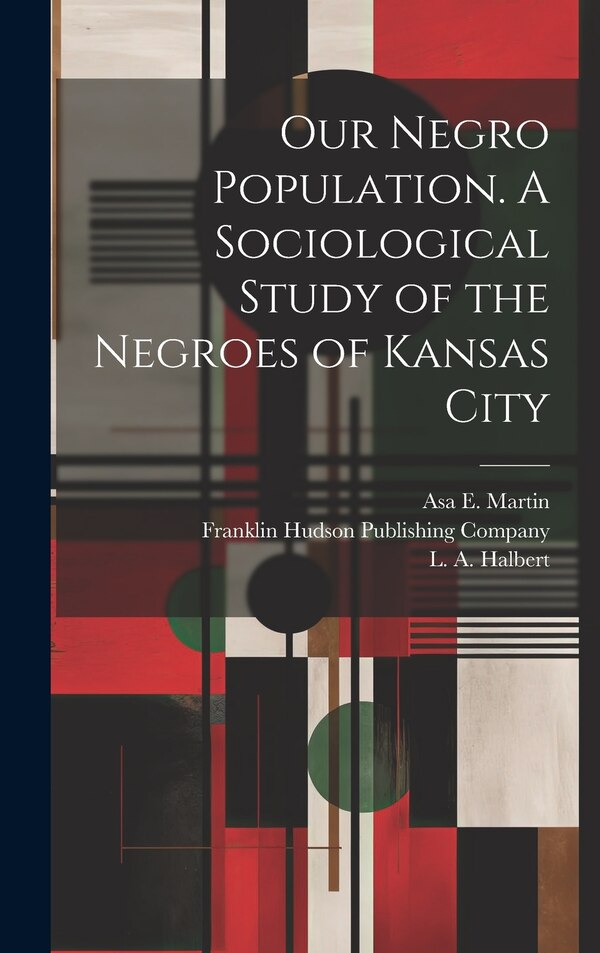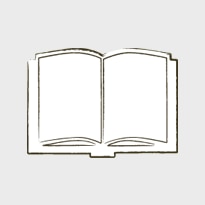
Gifting Made Simple
Give the Gift of ChoiceClick below to purchase a Bramalea City Centre eGift Card that can be used at participating retailers at Bramalea City Centre.Purchase HereHome
Andrew D. Lytle's Baton Rouge by Mark E. Martin, Hardcover | Indigo Chapters
Coles
Loading Inventory...
Andrew D. Lytle's Baton Rouge by Mark E. Martin, Hardcover | Indigo Chapters in Brampton, ON
From Mark E. Martin
Current price: $53.95
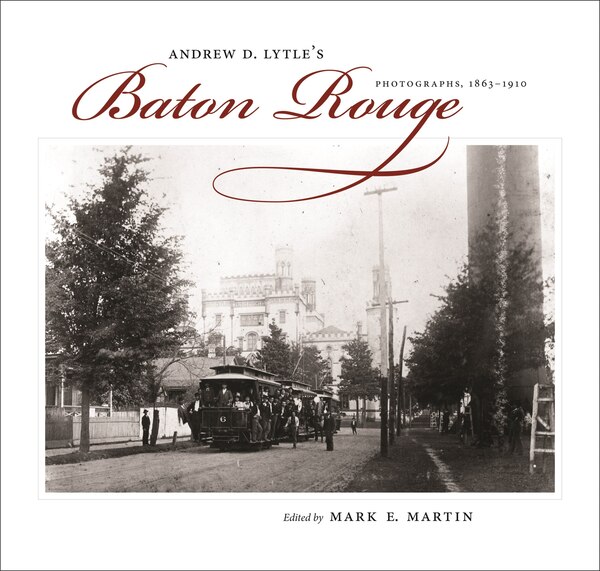
Coles
Andrew D. Lytle's Baton Rouge by Mark E. Martin, Hardcover | Indigo Chapters in Brampton, ON
From Mark E. Martin
Current price: $53.95
Loading Inventory...
Size: 0.3 x 10 x 350
*Product information may vary - to confirm product availability, pricing, and additional information please contact Coles
Andrew David Lytle produced thousands of photographic images in the sixty years during which he lived in Baton Rouge and operated Lytle Studio. His heirs, alas, reportedly shattered his glass-plate negatives by dropping them down a dry well soon after his death, not realizing their value. Andrew D. Lytle's Baton Rouge preserves some of the only images that remain, a vintage treasure for contemporary viewers. These 120 photographs give entrée into life in Louisiana's capital city from the 1860s through the early 1900s. They compose the largest extant collection of photos created in a professional studio in nineteenth-century Baton Rouge. Together they capture the day-to-day existence of the community, fleeting moments of great importance, and long-term changes over time, revealing not only the perceptions of the photographer but also the self-perceptions of his subjects. In a superb introductory overview of the collection, Mark E. Martin recounts Lytle's life and career within the context of Baton Rouge history and culture, noting advances in camera and printing technologies. Martin then discusses the photographs thematically, beginning with Baton Rouge's occupation by Federal forces during the Civil War. Thousands of northern soldiers and sailors came through the city during that time, and Lytle, a native of Ohio, photographed them in his studio, on the riverfront, in camps, on boats and ships, and from a bird's-eye view atop buildings. This work brought Lytle fame fifty years later when select images were published in The Photographic History of the Civil War along with the claim that Lytle had been a secret agent, a camera spy, for the Confederacy. Martin exposes the impossibility of this popular belief, which nonetheless persisted well into the twentieth century. Over the years Lytle Studio, which Andrew's son Howard eventually joined, produced commercial images of the Louisiana State Penitentiary, the forestry industry, railways and waterways, LSU sports teams, outdoor landscapes, and individuals. Andrew Lytle was more than a studio photographer, though. A husband, father, and grandfather, he took an active role in the community as an entrepreneur; volunteer firefighter,'member of religious, social, and fraternal organizations; and participant in local theatrical productions and other entertainments. His photography provides in many cases the only visual record of the life and times of Baton Rouge and its people in that period. Much of what is depicted in Andrew D. Lytle's Baton Rouge remains central to the city's vitality today: politics, family, home, commerce and industry, social events, parades, LSU sports, and the riverfront (now with levees). Readers will find here a priceless glimpse at a bygone world, yet one still recognizable. | Andrew D. Lytle's Baton Rouge by Mark E. Martin, Hardcover | Indigo Chapters
Andrew David Lytle produced thousands of photographic images in the sixty years during which he lived in Baton Rouge and operated Lytle Studio. His heirs, alas, reportedly shattered his glass-plate negatives by dropping them down a dry well soon after his death, not realizing their value. Andrew D. Lytle's Baton Rouge preserves some of the only images that remain, a vintage treasure for contemporary viewers. These 120 photographs give entrée into life in Louisiana's capital city from the 1860s through the early 1900s. They compose the largest extant collection of photos created in a professional studio in nineteenth-century Baton Rouge. Together they capture the day-to-day existence of the community, fleeting moments of great importance, and long-term changes over time, revealing not only the perceptions of the photographer but also the self-perceptions of his subjects. In a superb introductory overview of the collection, Mark E. Martin recounts Lytle's life and career within the context of Baton Rouge history and culture, noting advances in camera and printing technologies. Martin then discusses the photographs thematically, beginning with Baton Rouge's occupation by Federal forces during the Civil War. Thousands of northern soldiers and sailors came through the city during that time, and Lytle, a native of Ohio, photographed them in his studio, on the riverfront, in camps, on boats and ships, and from a bird's-eye view atop buildings. This work brought Lytle fame fifty years later when select images were published in The Photographic History of the Civil War along with the claim that Lytle had been a secret agent, a camera spy, for the Confederacy. Martin exposes the impossibility of this popular belief, which nonetheless persisted well into the twentieth century. Over the years Lytle Studio, which Andrew's son Howard eventually joined, produced commercial images of the Louisiana State Penitentiary, the forestry industry, railways and waterways, LSU sports teams, outdoor landscapes, and individuals. Andrew Lytle was more than a studio photographer, though. A husband, father, and grandfather, he took an active role in the community as an entrepreneur; volunteer firefighter,'member of religious, social, and fraternal organizations; and participant in local theatrical productions and other entertainments. His photography provides in many cases the only visual record of the life and times of Baton Rouge and its people in that period. Much of what is depicted in Andrew D. Lytle's Baton Rouge remains central to the city's vitality today: politics, family, home, commerce and industry, social events, parades, LSU sports, and the riverfront (now with levees). Readers will find here a priceless glimpse at a bygone world, yet one still recognizable. | Andrew D. Lytle's Baton Rouge by Mark E. Martin, Hardcover | Indigo Chapters



